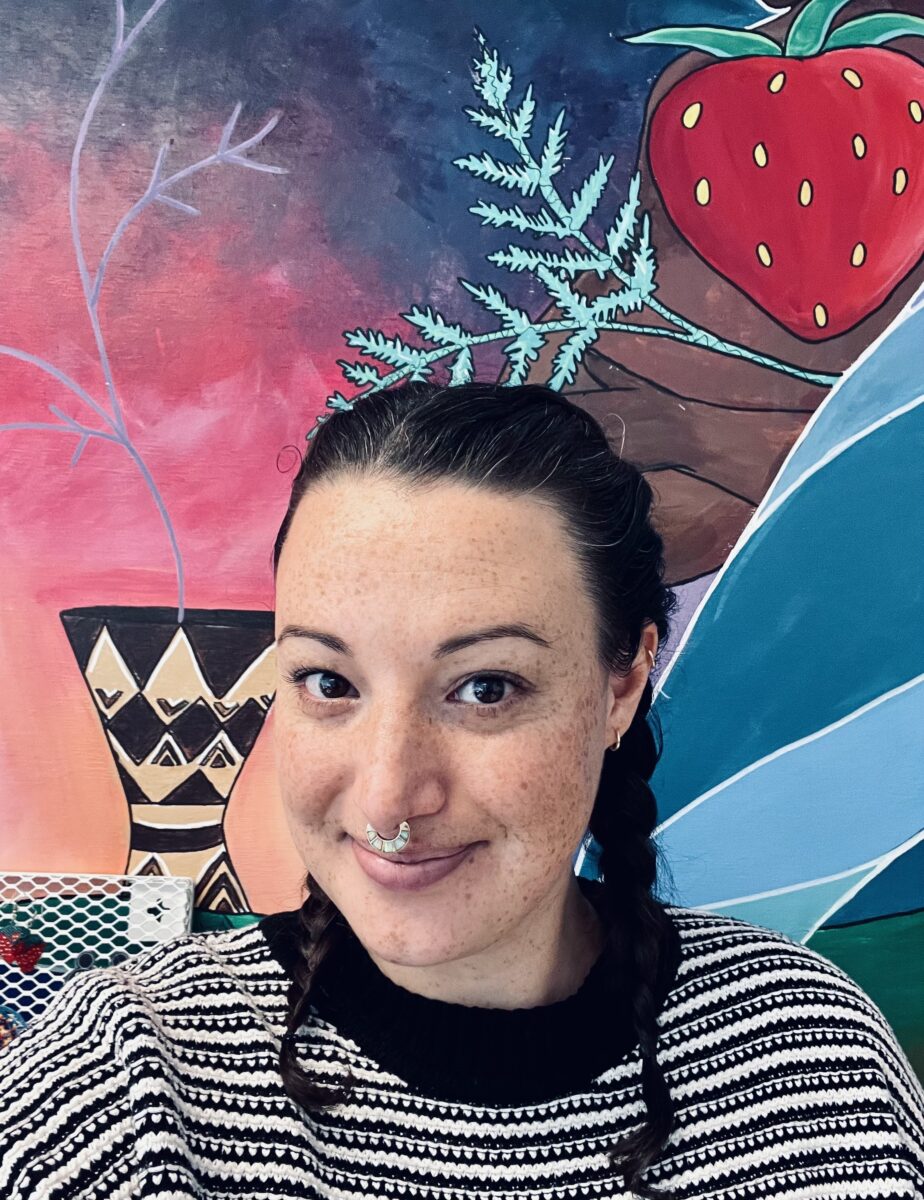TASSC Member Agencies


























About TASSC
TASSC is the successor organization to an informal group of Aboriginal executives called the Toronto Aboriginal Social Services Association (TASSA). Established in the mid-1990s, TASSA met to collectively raise the issues of Aboriginal peoples in the City of Toronto and to share information across organizations.
In 2009, TASSA commissioned the Toronto Aboriginal Research Project (TARP) Report, the largest and most comprehensive study ever conducted of Aboriginal peoples in Toronto.
To Higher Ground
Our Main Focus
Research

It has been 5 years since Toronto Aboriginal Support Services Council (TASSC) commissioned the Toronto Aboriginal Research Project (TARP) Report was issued. Since that time many of the 58 recommendations are in progress or complete …
Policy

Aboriginal Civic Literacy Initiative (ACLI) seeks to strengthen the Toronto Aboriginal community’s desire to engage with all levels of government ultimately aiming to increase governmental attention and resources to effectively meet the needs …
Advocacy

On November 12, 2013 the City of Toronto in partnership with the Truth and Reconciliation Commission of Canada released a proclamation declaring November 2013 to November 2014 the year of Truth and Reconciliation in the City of Toronto …

SPOTLIGHT
Featured Staff from Member Agencies
Niiohontéhsha, Community Birth Worker
My name is Niiohontéhsha (English name Gillian Kyle), I am Kanien’kehá:ka (Mohawk) and Onontowane’á:ka (Seneca) from Six Nations of the Grand River Territory and I belong to the Turtle Clan. I am of mixed ancestry, the other side of my family is Scottish and British. My pronouns are they/them and I identify as Two-Spirit/ Indigiqueer.
I volunteer with Action Canada’s access line, and I am an Auntie with the Native Youth Sexual Health Network. I am so honoured to be a part of Odemin Ghizis Doula Collective and find great joy in supporting Indigenous folks in all stages of life cycles.
What keeps my fire lit is community organizing, community care, land-based teaching and learning, learning my language one mispronounced word at a time, and radical reproductive justice and birth keeping practices. I have deep respect for our plant relatives and hope to continue learning from and with them.
Pam Hart
Pamela is a member of Chippewas of Georgina Island on Lake Simcoe. She has years of work in the community offering support and advocacy to those facing intergenerational traumas, mental health, addictions, homelessness, violence and more.
Currently as the Executive Director of Native Women’s Resource Centre of Toronto she continues to try and empower the community through restoration of identity, safe spaces and cultural reconnection.
The Native Women’s Resource Centre of Toronto (NWRCT) provides a safe and welcoming environment for all Aboriginal women and their children in the Greater Toronto Area. Their programs fall under six broad categories: Housing, Families, Advocacy, Employment, Education, and Youth. The NWRCT provides individual support, group programming, and cultural initiatives.






